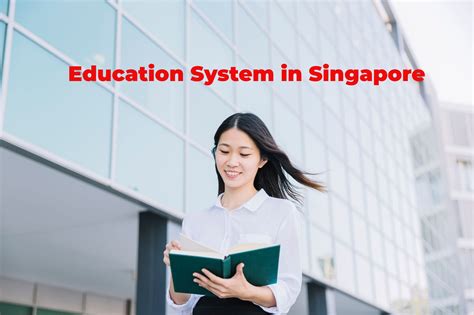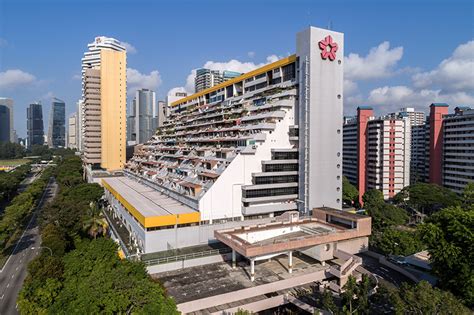

Teaching in Singapore 2025: VS. The World
Introduction
Teaching is a noble profession that shapes the future of nations. In Singapore, teachers play a vital role in nurturing the next generation of leaders and innovators. Life as a teacher in Singapore offers unique opportunities, challenges, and rewards. This comprehensive guide will delve into the intricacies of the teaching profession in Singapore, providing insights into its benefits, challenges, and future prospects.

Benefits of Teaching in Singapore
1. Competitive Compensation and Benefits:
Singapore teachers enjoy competitive salaries and comprehensive benefits packages. According to the Ministry of Education (MOE), the average gross monthly salary for teachers with at least a Bachelor’s degree was S$4,975 in 2020. Additionally, teachers receive various allowances, bonuses, and medical coverage.
2. Professional Development Opportunities:
Singapore places a strong emphasis on teacher development. Teachers have access to a wide range of professional development programs, including specialized courses, workshops, and international exchange opportunities. This ongoing training ensures that teachers remain up-to-date with the latest teaching methodologies and best practices.
3. Supportive Work Environment:
Singapore schools provide a supportive work environment for teachers. The MOE and school leadership teams place a high value on teacher well-being and work-life balance. Teachers can expect to work in a positive and collaborative environment that fosters their professional growth.
Challenges of Teaching in Singapore
1. High Expectations:
Singapore has a demanding education system with high expectations for students and teachers alike. Teachers are expected to maintain high standards of instruction and prepare students for success in national examinations. This can be a source of pressure for some educators.
2. Administrative Burdens:
Besides teaching, Singapore teachers are also responsible for a range of administrative tasks, such as grading, record-keeping, and parent-teacher communication. These administrative duties can add to the workload and stress levels of teachers.
3. Competition for Jobs:
The teaching profession in Singapore is competitive. Aspiring teachers must meet stringent qualifications and undergo a rigorous selection process. This competition can make it challenging for new teachers to secure a teaching position.
Future Trends and Innovations in Education
The education landscape in Singapore is constantly evolving, driven by technological advancements and changing student needs. Here are a few key trends and innovations shaping the future of teaching in Singapore:
1. Blended Learning:
Blended learning models that combine face-to-face instruction with online learning are becoming increasingly popular in Singapore. This approach allows teachers to personalize learning experiences and cater to the diverse needs of students.
2. Artificial Intelligence (AI) in Education:
AI-powered tools are being used to enhance teaching and learning. These tools can provide personalized feedback, automate administrative tasks, and facilitate data-driven decision-making.
3. Focus on Skills and Competencies:
In addition to academic knowledge, Singapore’s education system is shifting towards developing skills and competencies that are essential for the 21st-century workforce. This includes critical thinking, creativity, problem-solving, and collaboration.
Strategies for Success as a Teacher in Singapore
To succeed as a teacher in Singapore, it is essential to adopt effective strategies. Here are a few recommendations:
1. Build Strong Relationships:
Establish positive relationships with students, parents, and colleagues. This will create a supportive and engaging learning environment.
2. Embrace Innovation:
Stay updated with the latest teaching technologies and best practices. Integrate innovative approaches into your lessons to enhance student learning.
3. Seek Professional Development:
Continuously engage in professional development to expand your knowledge and skills. This will help you stay at the forefront of the teaching profession.
4. Prioritize Well-being:
Teaching can be demanding, so it is crucial to prioritize your well-being. Set boundaries, seek support when needed, and maintain a healthy lifestyle.
Conclusion
Life as a teacher in Singapore offers a rewarding career path with competitive compensation, professional development opportunities, and a supportive work environment. However, it also comes with challenges such as high expectations, administrative burdens, and competition for jobs. By embracing future trends, adopting effective strategies, and prioritizing well-being, teachers in Singapore can continue to make a significant impact on the lives of their students and the nation as a whole.










